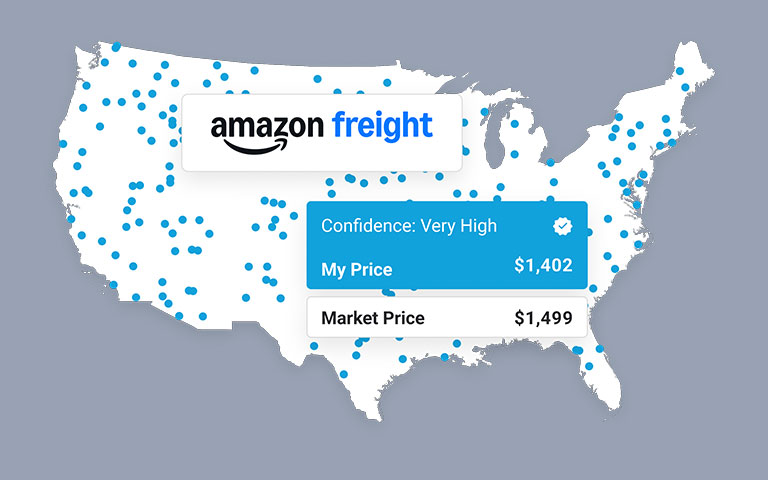3 Ways to Support Mental Health in Logistics

Supply chains are crucial to the economy. However, it can also be a challenging industry to work in, especially when it comes to mental health issues such as stress, anxiety and depression — even more so with the curveballs the supply chain industry keeps throwing at us these days.
First, when COVID-19 forced numerous sectors to slow down and even close their doors for months during the repeated waves of the pandemic, the exact opposite was happening among supply chains.
As panic buying swept the nation at the beginning of the lockdowns, and more people required home delivery as retail outlets closed, the demand for goods rose exponentially. To meet that demand supply chains have had to stretch themselves to the limit, and while it's finally begun slowing down nearly three years later now, we're still far from a return to normalcy.
Since reining in much of the chaos of the COVID-19 pandemic , the industry has also suffered from labor shortages and rising tensions in nearly every sector, near constant port backlogs, unpredictable product and material shortages, skyrocketing fuel costs, extreme weather events, wildly fluctuating shipping volume and countless other problems to overcome or work around daily.
This has caused a massive strain on workers across the sector — from logistics managers to drivers — and resulted in heavier and more stressful workloads than ever before.
For companies looking at ways to better support the mental health of their employees, there are three primary areas to highlight. Solutions that address individual mental health challenges faced by different teams through open communication, solutions that provide relief across the company through awareness and support, and solutions that reduce stress and increase job satisfaction through technology.
Identify individual issues
To get started on improving mental health in the workforce, it’s important to look closely at individual teams to identify their specific challenges. Each area of a supply chain has incredibly unique issues that they have to deal with on a daily basis, and having a support structure in place to address them is vital. Once challenges are identified you can begin implementing process changes to reduce the stress of your supply chain teams.
Provide a positive environment
When looking into improvements that can benefit the entire company, starting out by communicating with employees about their preferred working styles and environments can be a great start. For many, the shift to remote work enabled them to enjoy a better balance between work and home life, while for others the shift away from the office left them feeling isolated and alone.
In order to provide employees with the best working environment for their own mental health, it’s best to leave the decision whether to work remotely in-person or hybrid up to the individual employee when possible.That autonomy is key to ensuring that they are provided the best possible pathway to grow, learn and work, and demonstrates that you are willing to listen to employees and adapt to better support them.
Reduce stress through technology
Further company-wide changes can also be brought in through supportive technology. Finding ways to eliminate tiresome manual processes through automation, bringing different systems together to centralize operations and eliminate back and forth data entry, stepping away from complicated and difficult to manage spreadsheets and bringing in a platform that collects and organizes data automatically. And for those employees who are now working from home, consider implementing mobile technology capable of better supporting that new working environment. Any aspect of the task of managing a supply chain that can be simplified to make life easier for employees serves to benefit not only your workers’ mental health, but company efficiency as well.
Getting started on improving the mental health of those who keep your supply chain running can sound both challenging and expensive, but you need to remember that for every dollar invested in support programs and technology for proactive workplace wellbeing, you can expect to see a return of $4. Improved workplace culture, higher motivation and productivity, reduced time taken off due to poor mental health. All of these add up to provide an excellent ROI on any mental health initiatives you take on.
For more information on how Shipwell can help to reduce the stress of managing your supply chain, schedule a demo today.


.svg)








